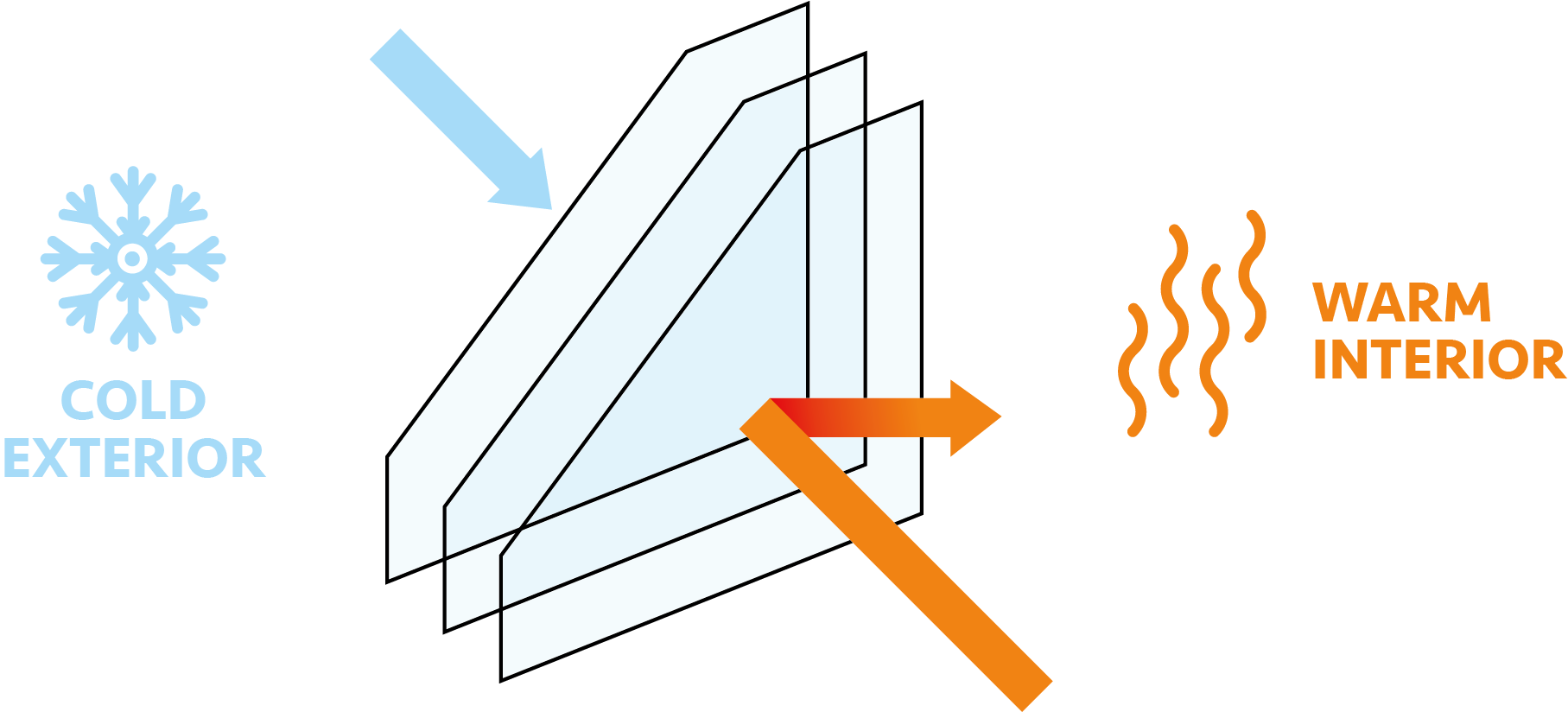FREE UK DELIVERY
On orders over £60 (Trade £95)
FREE UK DELIVERY
On orders over £60 (Trade £95)
Technical Knowledge
Experienced & Dedicated Staff
Trade Discounts
Register or login for trade prices
03 October 2023

If you're manufacturing timber windows and doors, understanding U-values is vitally important, when ensuring compliance with building regulations. With higher energy costs and a general push to improve the efficiency of houses in the UK through government policy, the energy efficiency of homes has never been more important. U-values are the key metric for assessing the energy efficiency of the windows and doors, so it's good practice to understand these values, especially if you're manufacturing windows and doors.
What are U-Values?
Why U-Values Matter for Windows and Doors
Windows
The glazing choice for windows is going to have the greatest impact on the U-value of your windows. So it's good to know what values these choices have. Below are a few examples;
U-Value Thickness
There are also some specialist glazing options available on the market, as shown below. (For more information and costs we suggest contacting these suppliers directly)
U-Value Thickness
It's important to understand that to comply with current building regulations, windows in new dwellings must not have a U-value of more than 1.6 W/m2.K and 1.4 W/m2.K for existing dwellings.
Timber choices can also have an impact the U-value of windows, with Accoya outperforming other soft and hardwoods. Buildcheck, a BFRC (British Fenestration Rating Council) approved assessment body, has proven that a window’s U Value can be significantly improved merely by changing the frame substrate from traditional hardwood or softwood to Accoya wood. (As shown on page 17 of this document by International Timber)
Doors
U-Values and Energy Savings
Tips for Improving U-Values
The key point to remember is your choice of materials is going to have the biggest impact on the U-value of your windows and doors. Some of these materials will come at a higher cost, but savings can be made in the long term from energy efficiencies. In the case of door blanks, for example, you can actually save money by reducing labour costs, in comparison to manufacturing a door from scratch in raw timber. Certainly something to consider when manufacturing windows and doors.
For more information on U-values please visit the BWF. Information on building regulations can be found in the Approved Document L, Conservation of fuel and power Volume 1: Dwellings - 2021 edition incorporating 2023 amendments - for use in England
*All the informtion in this blog post has used references from reputable sources. Please do let us know if you have further information, so that Joiners and other trades are even more informed.